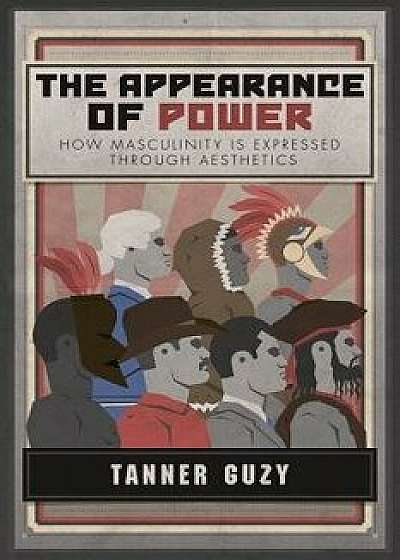
The Appearance of Power: How Masculinity Is Expressed Through Aesthetics, Paperback/Tanner Guzy
Descriere
Contributor(s):Author: Tanner Guzy Power has an appearance and appearance has power. Ideally those two would line up together and the world would be full of good, masculine men who dress and look like good masculine men. But all too often, reality is something different. There are good men and strong leaders out there who dress and look like children or bums. There are awful, lazy men in the world who dress in a way that hides their vices from those around them and makes them appear better than they truly are. In an attempt to correct for these disparities, our current culture tries to rob both appearance of its power and power of its appearance - to say that the way a person dresses or looks doesn't - or at least shouldn't matter. We're given platitudes like, "don't judge a book by its cover" and there's a often a cultural rush to prove ourselves as non-judgmental as we can. But a man's appearance has been an integral part of humanity since before the dawn of civilization. As human beings we use mental shortcuts when assessing our surroundings and the people within them. It is inefficient and dangerous to treat every object, scenario, and person as a blank slate or an unknown. And, because it is our tendency to judge according to visual stimuli, we use physicality, body language, grooming, and clothing to quickly and effectively communicate who we are and how we want other people to perceive us. Some men dress to appear more physically threatening, others to convey status and power within social spheres, some attempt to fit in and not draw attention to themselves, and others will use their clothing to show their disdain for the social norms around them. Regardless of what your intentions are, your clothing says something about you. And no, this doesn't just apply to you, but to every man who has ever interacted with another human being. From the ancient shaman, to the Wall Street banker, the Pope to the gutter punk, all men use clothing and appearance to tell the wo





